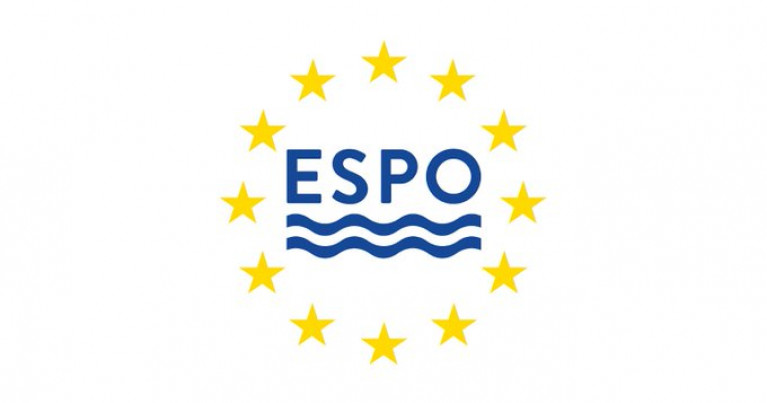Displaying items by tag: Emission Trading System
European Ports Welcome EP Adoption of Maritime ETS that Addresses Issue of Carbon & Business Leakage
The European Parliament on the 22 June adopted its position on the EU Emission Trading System (EU ETS), which includes an expansion of the ETS to include shipping emissions.
The European Sea Ports Organisation (ESPO) welcomes the EP position that outlines an ambitious and robust ETS that includes measures to address, and if possible, avoid carbon and business leakage. ESPO also welcomes that the EP position includes earmarking of revenues for investments in ports and maritime.
In order for a regional ETS in the EU to be effective and aligned with the polluter pays principle, carbon leakage through rerouting of ships outside of the ETS scope must be avoided at all costs. If this is not addressed in the final legislation, the ETS would fail to effectively reduce emissions from ships whilst also producing a negative impact on the European port business.
European ports therefore strongly support the measures adopted by European Parliament making it less attractive for ships to change their routes, divert calls, or engage in other evasive behaviours in order to avoid paying into the EU ETS.
ESPO believes that the EP position provides a good basis to address carbon and business leakage in the ETS. The preventative measures included in the EP position should be included in the final ETS to be agreed between European Parliament and EU Member States.
In addition ESPO therefore calls on EU Member States in the Council to closely consider the EP position and to address carbon and business leakage in their general approach to be agreed on 28 June.
"The EP position on EU ETS contains many of the key elements for an ambitious and effective maritime emission trading system. We very much welcome the willingness of the Parliament to address the risk of carbon and business leakage, which would undermine the climate goals whilst damaging the competitiveness of the EU port sector. We hope that EU Member States take these measures onboard in their general approach as part of finding a solution to this issue. Some further fine-tuning might be needed but all the necessary elements for a solution is now on the table.”, says Isabelle Ryckbost, ESPO Secretary General.
More work is needed to ensure that the maritime EU ETS delivers the greening of shipping, whilst safeguarding the competitiveness of the European maritime sector and ports.
European ports look forward to helping policymakers find solutions to the issue of carbon and business leakage to deliver an effective maritime ETS.






























































